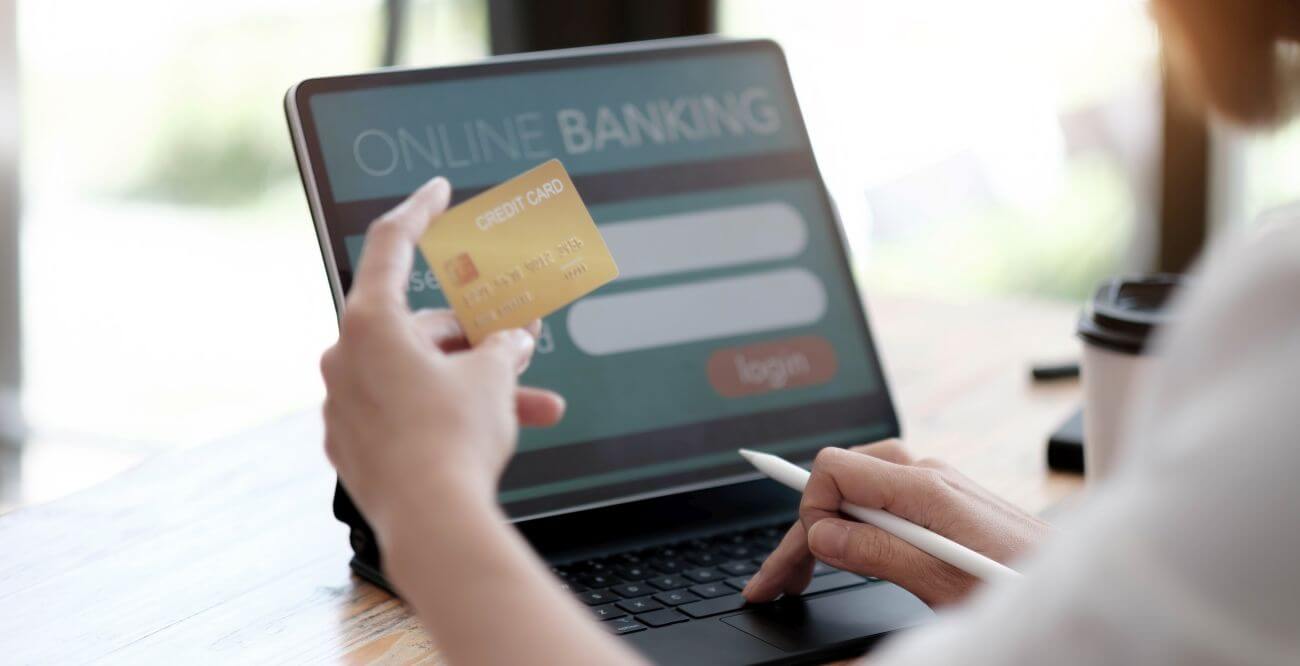The banking industry is constantly evolving to meet the demands of tech-savvy consumers while ensuring the highest levels of security. One of the most promising innovations in this field is account tokenization. This technology is set to revolutionize the way we handle financial transactions, offering a perfect blend of convenience and security. Let’s explore it in depth.
What Is Account Tokenization?
Bank account tokenization is a sophisticated security measure that’s taking the banking world by storm. In simple terms, it’s a process that replaces sensitive account information, like your 16-digit credit card number, with a unique digital identifier called a token. This token acts as a stand-in for your actual account details, making it virtually useless to potential fraudsters if intercepted.
How Does Tokenization Work?
When you make a purchase or conduct a transaction, instead of your real account information being transmitted, the token is sent instead. This token is then matched with your actual account details on the bank’s secure servers, completing the transaction without ever exposing your sensitive information.
Real-World Examples
Imagine you’re buying a new pair of sneakers online. When you enter your credit card details, the e-commerce platform doesn’t actually store your card number. Instead, it receives a token from your bank. This token might look something like “TKN123456789” – a unique string of characters that represents your card for this specific merchant. If a hacker were to breach the online store’s database, all they’d find is this meaningless token, not your actual card details.
Applications Beyond Online Shopping
The applications of tokenization go far beyond online shopping. It’s being used in mobile payment systems, recurring billing setups, and even in-store purchases. For instance, when you tap your phone to pay at a coffee shop using Apple Pay or Google Wallet, you’re using a form of tokenization. Your actual card details aren’t stored on your phone or transmitted to the merchant – just a secure token.
Enhanced Security: Safeguarding Your Financial Data
In the digital age, where data breaches and identity theft are unfortunate realities, the security of our financial information and money transfers is paramount. This is where account tokenization truly shines, offering a robust shield against various forms of financial fraud and cyber attacks.
Reducing Fraud Risks
The primary security benefit of tokenization lies in its ability to render stolen data useless to criminals. Let’s say a hacker manages to intercept a token during a transaction. Unlike a credit card number, which could be used to make fraudulent purchases, this token is essentially meaningless outside the context of that specific transaction or merchant relationship.
Compliance and Internal Security
Tokenization also plays a crucial role in compliance with data protection regulations like PCI DSS (Payment Card Industry Data Security Standard). By reducing the amount of sensitive data that needs to be stored and transmitted, it simplifies compliance processes for businesses, saving time and resources while enhancing overall security.
Adaptability to Emerging Threats
As cybercriminals become more sophisticated, tokenization systems can be updated and enhanced to stay one step ahead. Some advanced tokenization systems now use machine learning algorithms to detect unusual patterns that might indicate fraudulent activity, adding an extra layer of security.
Streamlined Transactions: Enhancing User Experience
While security is undoubtedly a crucial aspect of account tokenization, its benefits extend far beyond just safeguarding your financial data. One of the most exciting advantages of this technology is how it’s revolutionizing the user experience in digital banking and online transactions.
Simplifying Online Shopping
Many e-commerce platforms now offer ‘one-click’ purchasing options, where your payment details are securely tokenized and stored. This means you can complete a purchase with just a single click or tap, dramatically reducing friction in the checkout process.
Subscription Services and Recurring Payments
Tokenization is also transforming the world of subscription services and recurring payments. In the past, if your credit card expired or was replaced, you’d have to update your payment details with every service you subscribed to. With tokenization, this process can be automated, ensuring your subscriptions continue uninterrupted.
Mobile Payments
When you add your credit card to a mobile wallet like Apple Pay or Google Pay, it’s not your actual card number that’s stored on your device. Instead, a token is created and used for transactions. This not only improves security but also allows for a seamless payment experience.
Innovative Payment Methods
Tokenization is enabling new, innovative payment methods. For instance, some banks are experimenting with biometric payments, where a fingerprint or facial recognition scan can be used to authenticate a transaction. Behind the scenes, this biometric data is linked to a token representing your account, allowing for secure, password-free payments.
Cost Efficiency: Reducing Fraud and Operational Expenses
While enhanced security and improved user experience are often the most talked-about benefits of account tokenization, there’s another crucial advantage that’s catching the attention of banks and businesses alike: cost efficiency.
Reducing Fraud-Related Losses
Financial fraud is a massive problem, costing banks and credit card companies billions of dollars each year. Tokenization offers a more elegant solution. By replacing sensitive data with tokens, it dramatically reduces the attack surface for potential fraudsters.
Lowering Compliance Costs
Tokenization also significantly lowers the costs associated with data security compliance. Regulations like PCI DSS require businesses that handle credit card data to implement stringent security measures. Tokenization reduces the scope of these requirements by minimizing the amount of sensitive data that needs to be protected.
Operational Cost Savings
Tokenization can also lead to operational cost savings by streamlining payment processes. With tokenized systems, transactions can be processed more quickly and with fewer errors. This reduces the need for manual intervention and customer service support, leading to lower operational costs.
Reducing Chargebacks
Tokenization can help reduce chargebacks in several ways. First, by improving security, it reduces the number of fraudulent transactions that might result in chargebacks. Second, the detailed transaction data associated with tokens can provide better evidence in case of disputes, making it easier to resolve chargebacks in the merchant’s favor.
The Road Ahead: Future Implications of Account Tokenization
As we’ve explored the various benefits of account tokenization, from enhanced security to improved user experience and cost efficiency, it’s clear that this technology is set to play a pivotal role in shaping the future of banking.
Universal Payments
As tokenization becomes more standardized across different platforms and financial institutions, we could see a world where your payment credentials work seamlessly across all devices and platforms.
Internet of Things (IoT)
As more and more devices become connected, from cars to home appliances, tokenization will play a crucial role in enabling secure payments from these devices. We might see refrigerators that can order and pay for groceries when supplies run low, or cars that can automatically pay for parking or tolls.
Identity Verification
Instead of sharing your actual personal information for verification purposes, you might share a token that represents your verified identity. This could have far-reaching implications, from simplifying know-your-customer (KYC) processes in banking to creating more secure voting systems.
Combining with Emerging Technologies
The combination of tokenization with other emerging technologies like blockchain and artificial intelligence also holds exciting possibilities. For instance, smart contracts on blockchain platforms could use tokenized financial data to automatically execute complex financial agreements.
Central Bank Digital Currencies (CBDCs)
Many countries are exploring the possibility of issuing digital versions of their national currencies, and tokenization could provide the security and flexibility needed to make these systems work effectively.
New Business Models
In the world of e-commerce, tokenization could enable new business models. For example, we might see more flexible subscription services where customers can easily pause, resume, or modify their subscriptions without having to re-enter payment details.
Privacy and Financial Inclusion
As consumers become more concerned about data privacy, tokenization offers a way for businesses to provide personalized services without needing to store or handle sensitive personal data. Additionally, tokenization could play a crucial role in bringing banking services to underserved populations by reducing the costs and risks associated with handling financial data.
Promotional text
See also:
- Why Can’t I Send Money to a Prisoner: Exploring the Restrictions
- What is a Corporate Credit Card: Definition, Types, and Benefits
- How to Withdraw Money from 1xBet: Step-by-Step Guide
- How Much Money Can I Deposit in the Bank Without Being Reported UK
- How to Send Money from India to UK – Best Ways in 2024

